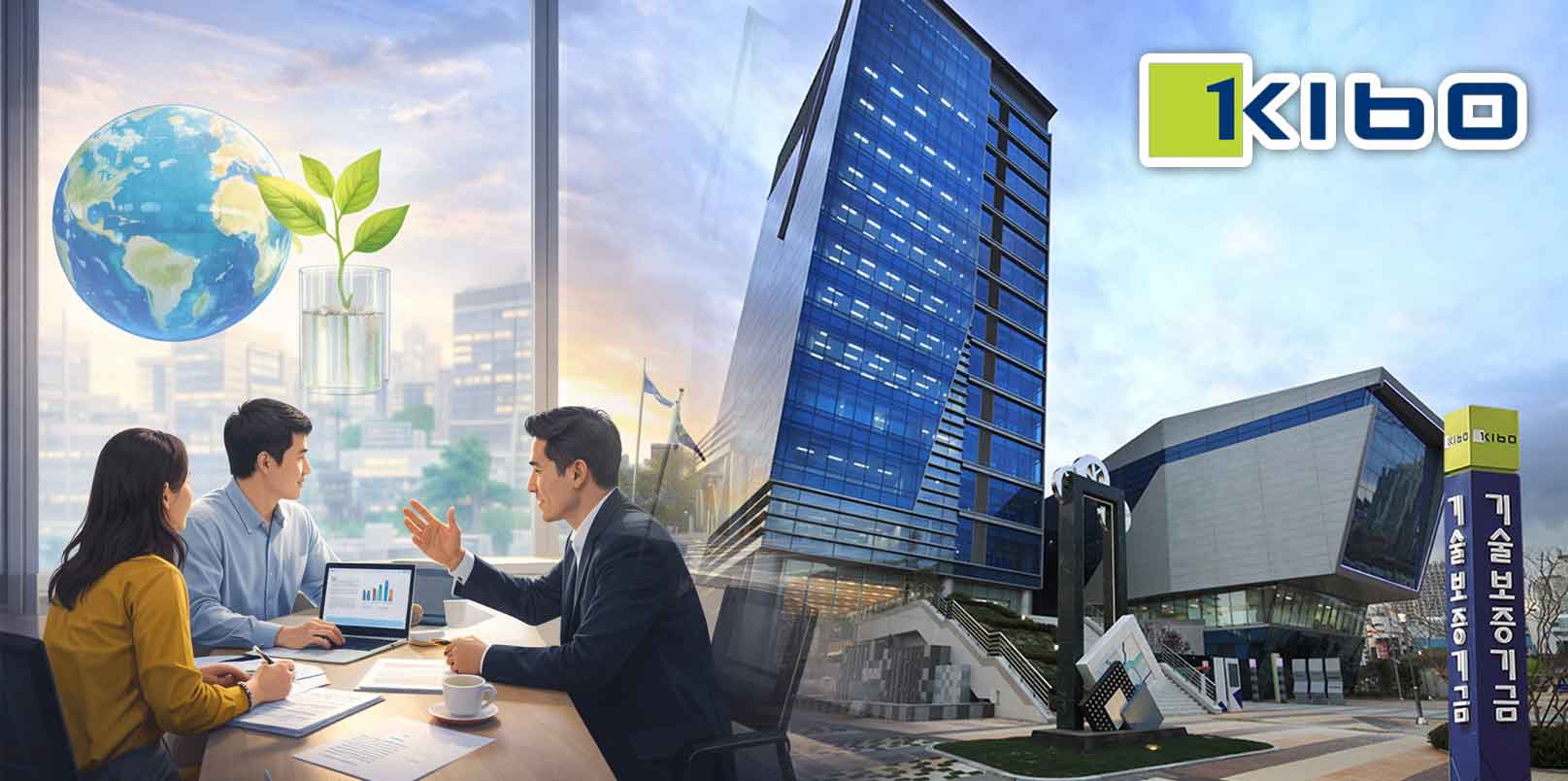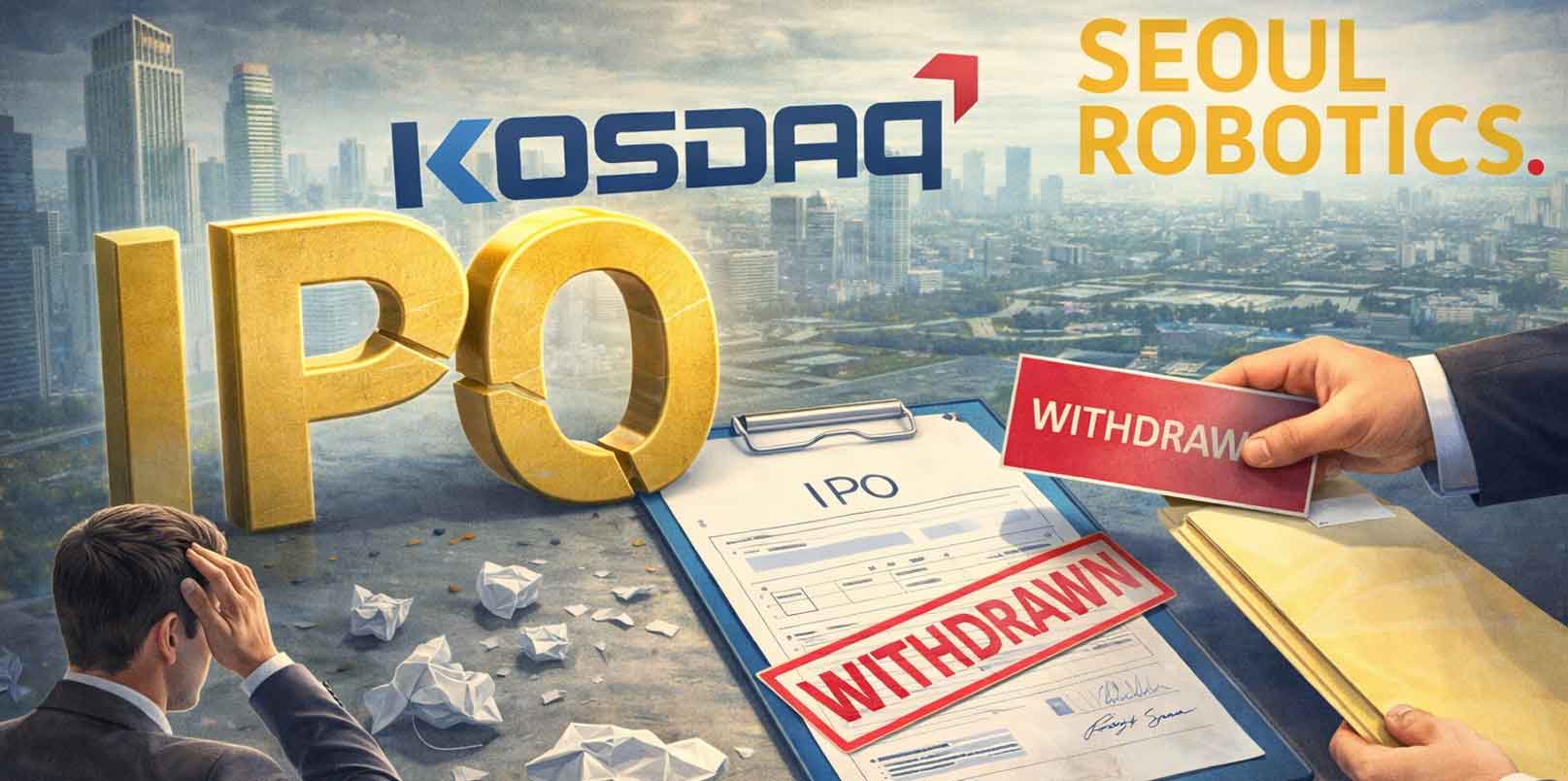Korean startup Coconut Silo co-founder and CEO Seungyong Kim’s childhood dream was to launch a startup. Inspired by IT innovations & the rise of the internet, Kim wanted to develop an idea to resolve the modern world’s issues. Kim’s dream materialized to reality when he and his co-founder formed Coconut Silo, a logistics tracking solution startup that spin off the Hyundai Motors’ H-Startup program.
Coconut Silo makes cross-border logistics smoother with tracking technology and no additional cost. The startup currently runs a truck-hailing platform in ASEAN countries and seeks market expansion to GCC (Gulf Corporation Council). Using Coconut Silo’s technology, clients can track their resources anytime, anywhere.
Seungyong Kim talks about his journey to becoming an entrepreneur and shares insights about business with koreatechdesk.com
1. Please tell me about your background and what motivated you to get started with your company?
When I was about 9 years old, my father bought me a CD of Starcraft 1. It was a year beyond millennium; this CD evoked me to gain interest in both computers and IT. Interest was so huge that it made me search and analyze information on the internet. Then, I saw an article that Naver (kind of Google in Korea) is spinning off from Samsung SDS. Without any consideration, I suddenly dreamed of making an in-house startup from mega manufacturing companies like Hyundai and Samsung. I was 11. This dream made me keep interests and insights among IT, computers, and video games. And the time naturally passed.
Then in 2014, traveling to Vietnam shocked me a lot. I could know adapting to the culture was far more effective than speaking the language well and boosting my English skills. At that time, tons of Korean companies were entering Vietnam, and I caught a chance from there. I set up my mind to have excellence in globalization, engineering, and planning. Among various mega-companies, I chose Hyundai Motor Company to work since I thought that there is a high probability that I could work in a field that is closely related to Vietnam.
As a result, I’ve joined the commercial vehicle team at Hyundai Motor Company, where a quarter of its revenue is generated from Vietnam. My dream since 1999 suddenly glanced in October 2017, the moment I saw an announcement about an in-house startup. As a result, me and Kangyeop, co-founder of Coconut Silo, decided to apply for it, and we were able to be selected.
2. What is your current main product, and can you share any previous product pivot story to the current product?
Our solution, ‘Cocotruck’, is a truck hailing platform that targets ASEAN countries, now looking for market expansion to GCC countries. It is the first item for us from the beginning. Our solution enables cargo owners to move their cargoes even if they don’t own trucks. For logistics companies and truck drivers, they can get more orders compared to before. Furthermore, big data features maximize the usage of trucks and automate the procedure within the logistics market.
3. How big is this problem?
70% of the whole globe has logistics problems. It is also applied to GCC countries. Stakeholders in the market still use old communication methods, and they still work manually. The biggest problem, ‘maximization of resource usage’, is still under development. Furthermore, when it is applied to cross border logistics, there are further problems because of paperwork within customs. In addition, when it comes to foreign cargo owners, a lot of time and money are wasted since they do not have logistics infrastructure in target countries.
4. What’s your business model, and how have you grown your revenue? What strategy worked best?
Our business model can be divided into three parts. First, brokerage fees. It is about 5%, which is 10% lower than our competitors. Second, 3rd party integration. We think that it is the most important part in our business model. It is a kind of advertisement channel for third-party service providers such as insurance, maintenance, and fuel companies.
We can fill the revenue gap occurred by taking low brokerage fees. Data generated from each customer will be analyzed within our platform, and it automatically suggests appropriate 3rd party programs to users. By applying it, users can decrease their fixed cost expenditure. Third, we are planning to establish logistics companies in each target country. By this business model, cargo owners can conveniently move their cargo and handle the suddenly occurring logistics volume.
5. Please tell me more about your founding team.
Co-founder and CMO Kevin Ahn is my fellow graduate from Hanyang University. We’ve known each other since 2010; we’re so close that made us to join the same company and found Coconut Silo. He worked in the mid-size vehicle team in Hyundai Motor Company. He is an expert in marketing and handling business.
COO, Tony Han and I met each other in Samsung SDS sGen Club in 2014. We successfully developed an IoT platform for deaf. Then, we did 2 more projects there, and all the projects showed good results. He can speak 3 different languages and has excellence in global business operation.
CTO, Samuel Kwon is also a fellow graduate of me and was also a member of Samsung SDS sGen Club. He is an expert in AI research field and project management, based on his technological knowledge.
6. How much money have you raised in total so far? When was the recent funding round?
Coconut Silo has started as Hyundai Motor Group’s in-house startup since April 2018. Hyundai Motor Group has financially aided us with about $0.5M as a business development fee.
7. What are your milestones for the next round? And what are your goals for the future?
Our next round is to go through Series A. Indexes are our main milestones for the next round. Our goal is to become a total logistics solution among Asian countries, including Arabic countries. We hope our solution could enhance both efficiency and profitability for logistics stakeholders.
8. How have you attracted users, and with what strategy have you grown your company from the start to now?
We think that the most attractive point for us is the ‘niche market’. Our go-to-market strategy is to target Korean manufacturers in various countries since there aren’t any platforms for them to use. Furthermore, since there are a lot of manufacturers in Asian countries, it enables us to gather quite a number of logistics volumes. In addition, knowing culture methodology helped us a lot to attract users, with culture targeted user interface and user experience. Of course, targeted social media marketing worked well too.
9. What do most startups get wrong about marketing in general?
We think that most startups seek a large market from an early stage. Market validation for market entrance is mandatory for each startup since most users won’t have interest in emerging solutions. Furthermore, I think that they have to focus on typical methods, instead of using a bunch of marketing channels.
10. How do you plan to expand globally?
First of all, Korea has a really nice startup ecosystem that helps startups to expand globally. There are a lot of programs such as Launchpad, which is very effective for startups to validate the global market. In addition, as an alumni of Hyundai Motor Group’s in house startup, we are expecting this network will be very effective for us.
11. How do you handle this COVID-19 outbreak situation for your company’s survival in the future?
Of course, the outbreak of COVID 19 damaged our business plans. However, we could upgrade our platform and review our overall business strategies. We could prepare our business more firmly. As a global startup, being in person is mandatory in order to enhance efficiency. So I and our CTO decided to be in Vietnam in person; as a result, we’re in Vietnam even though it required us 2 weeks quarantine. It will also apply the same to Dubai; we will be in person if it requires us to be there, without any hesitation.
12. What’s the best advice you’ve ever received? And what advice do you have for someone who is interested in doing similar things like yours or in a similar direction?
The best advice that I received was, “Based on my personal experience, an intelligent freak like you often succeeds. You’ll be the one who will succeed.” The tip that I want to give is, “Do not hesitate, challenge is a beautiful thing, believe in you.”
13. What are the top-three books or movies (TV series) that changed your life and why?
1. Starcnomics(Book)
– The word ‘Starcnomics’ is an integration of words’ Starcraft’ and ‘Economics.’ Starcraft, a video game from Blizzard, made a huge impact on Korean society. This book made me think that video games could become an industry itself. Furthermore, by reading this book, I could know that “wanting to do” could be more valuable than “should do.”
2. Fighterforum(Online magazine)
It is an online media that covered about e-Sports. At that time, huge companies like Samsung, CJ, Shinhan bank-sponsored various e-Sport teams. Interest in e-Sports made me get interested in huge companies like the companies mentioned above. I still think grateful to those companies since they’ve set up the ground for e-Sports to become a kind of culture. Interest in those companies evoked me to search for their business areas, the way they do their business. This characteristic made me analyze business plannings and industries overall.
3. Starcraft e-Sports League (TV series)
– Watching Starcraft made me get interested in the IT industry. I admired players in ‘Strategy simulation game’ based e-Sports league, watching this league enhanced my ability in strategy plannings.
14. How do you keep yourself motivated every day?
The imagination of myself in my future motivates me. I do have confidence in Coconut Silo and our business. I’ll be the one who will innovate the logistics market in various countries. The work that I am doing fulfills my joy, which is the most important feature that motivates me.
Also Read on Koreatechdesk.com,






